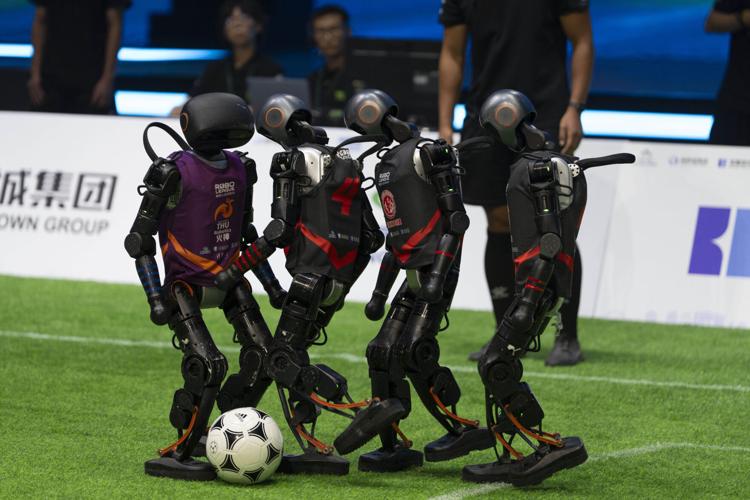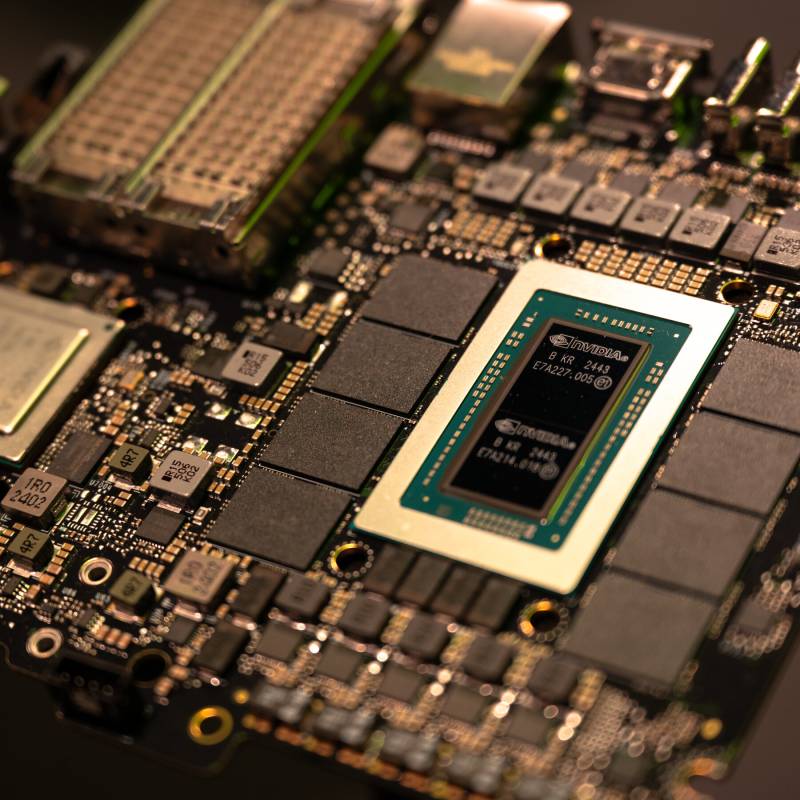In a stunning display of innovation and progress in artificial intelligence and robotics, China has made history by hosting its first-ever 3-on-3 autonomous AI robot football match. This groundbreaking event, held at the Northwestern Polytechnical University in Xi’an, marks a significant leap in the fusion of robotics, AI, and sports, highlighting how machines are increasingly mirroring human capabilities, even in competitive environments like football. The match featured two teams of fully autonomous humanoid robots, each driven by advanced AI algorithms capable of decision-making, coordination, and adaptive gameplay. Unlike traditional robot demonstrations where human operators control actions remotely, these robots functioned independently, processing visual data, anticipating opponents' moves, and collaborating with teammates in real-time.

Read Also: Uphorial Sweatshirt

The development and execution of this autonomous football match are the result of years of research and refinement in the fields of machine learning, computer vision, motion planning, and robotics engineering. Researchers involved in the project emphasized the sophistication of these machines, not just in their hardware construction, but in the depth of intelligence powering their every move. Each robot was equipped with multiple sensors, cameras, and algorithms that allowed it to "see" the field, understand game dynamics, and make tactical decisions—all without human input. This robotic football match was not just for spectacle; it served as a benchmark test for intelligent systems that may one day be used in a variety of real-world applications. Autonomous navigation, multi-agent cooperation, and real-time decision-making are critical in industries such as self-driving cars, search and rescue missions, disaster response, and even healthcare robotics.
By pushing the envelope in AI-powered sports, China is also accelerating global conversations around the ethical, social, and economic implications of artificial intelligence. Questions surrounding the integration of AI into human activities, its potential to replace certain jobs, and its role in society are more relevant than ever. But alongside these concerns, this event also brings excitement and optimism about what the future holds when human creativity meets technological advancement. The 3-on-3 format was chosen deliberately to mirror the complexity and unpredictability of real football games, challenging the AI systems to adapt to dynamic scenarios, opponent strategies, and rapidly changing environments. The result was an impressive demonstration of coordination, passing, goal attempts, and even defensive tactics that mirrored basic human football skills.
For spectators, the match was both entertaining and surreal—watching humanoid machines sprint, dribble, and score goals with no external control made it clear just how far AI has come in mimicking human behavior. The match attracted tech enthusiasts, students, researchers, and media outlets from around the world, further establishing China as a global leader in AI and robotics innovation. As the world watches closely, this AI robot football match may very well be a glimpse into the future of sports, education, and intelligent systems. With ongoing advancements, we can expect more refined AI players, smarter game strategies, and deeper integration of robotics into our everyday lives. China’s bold step in hosting this autonomous match has not only set a precedent but also sparked global curiosity about what’s next in the thrilling journey of AI and robotics.



